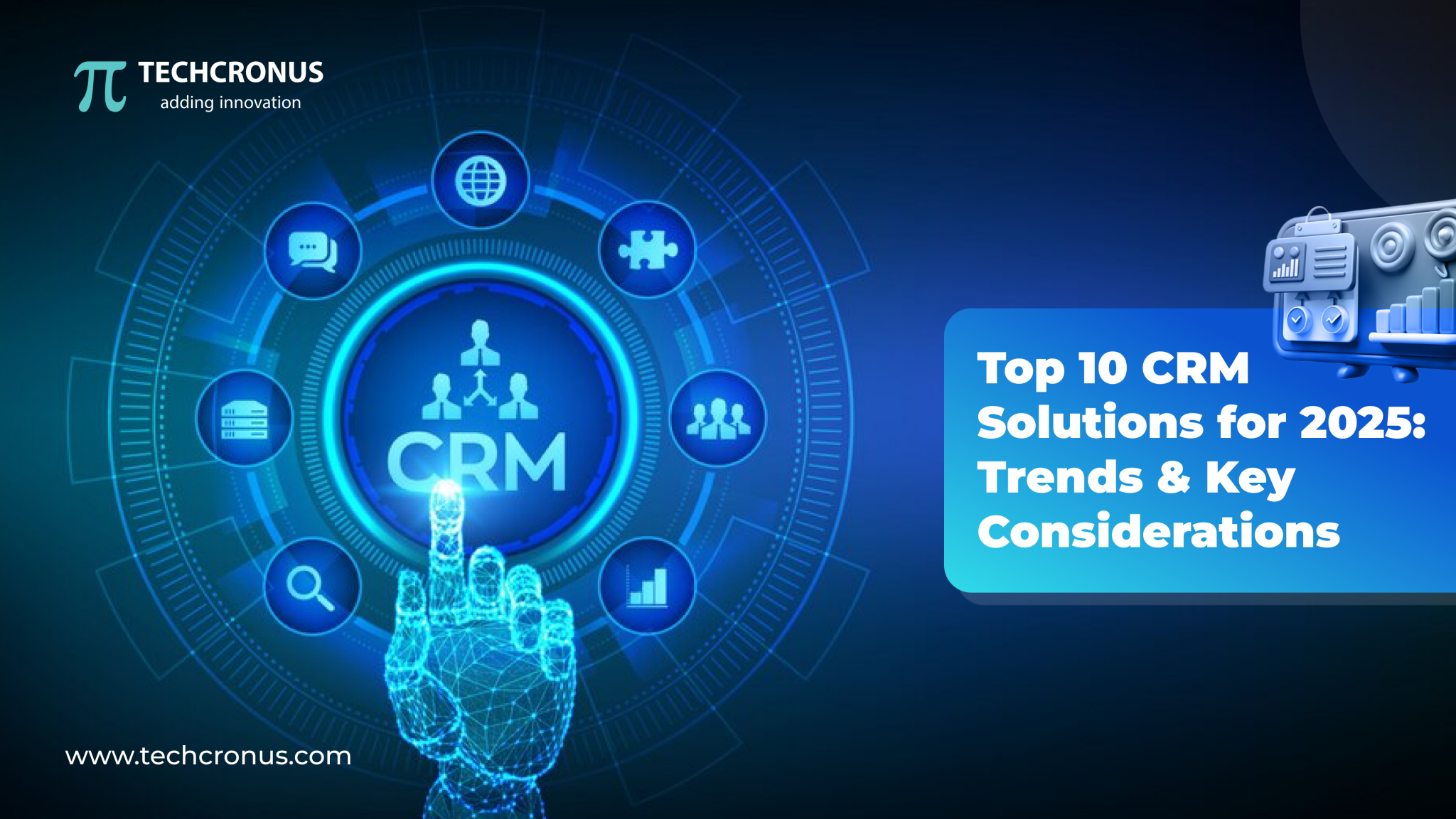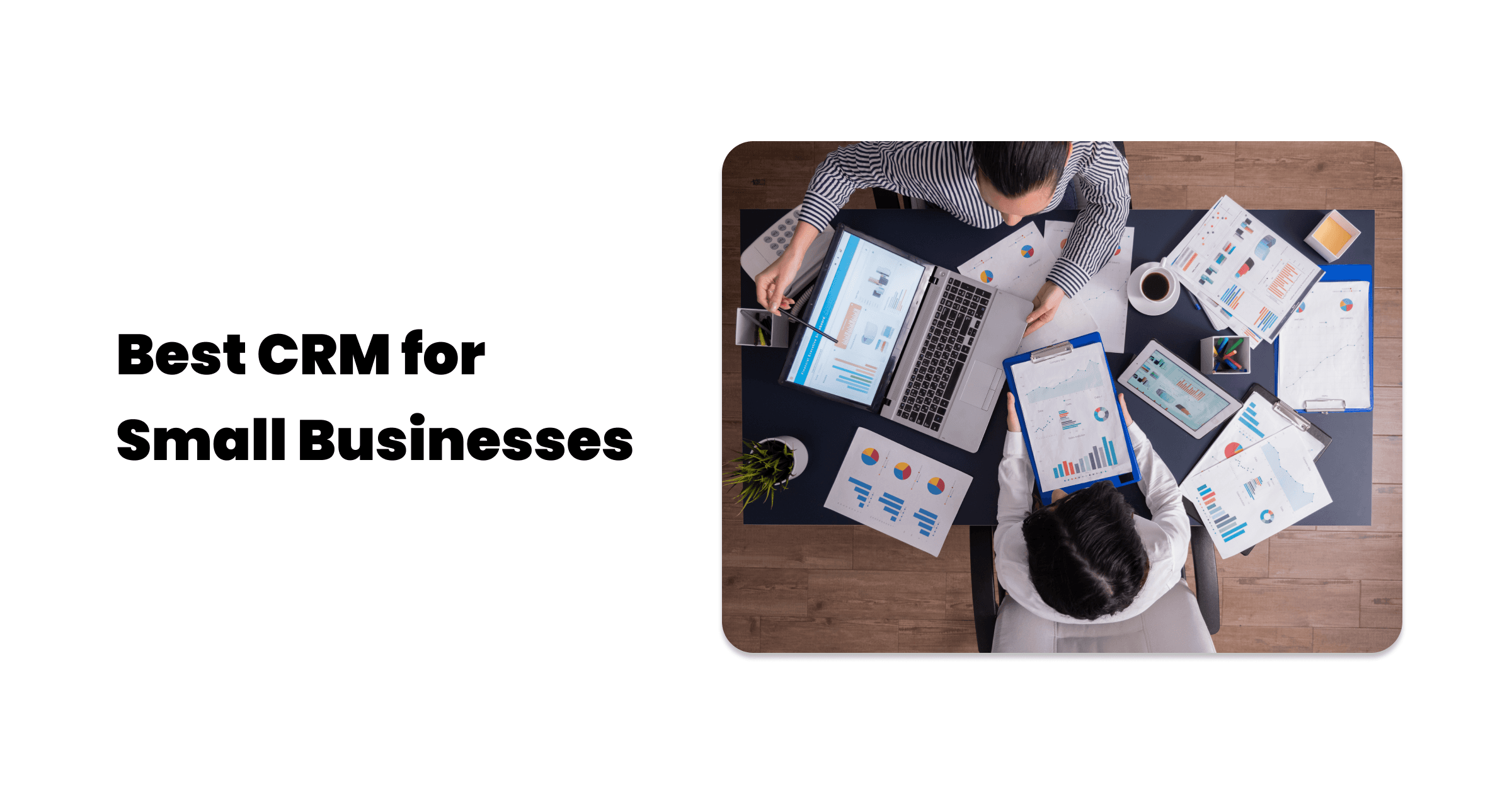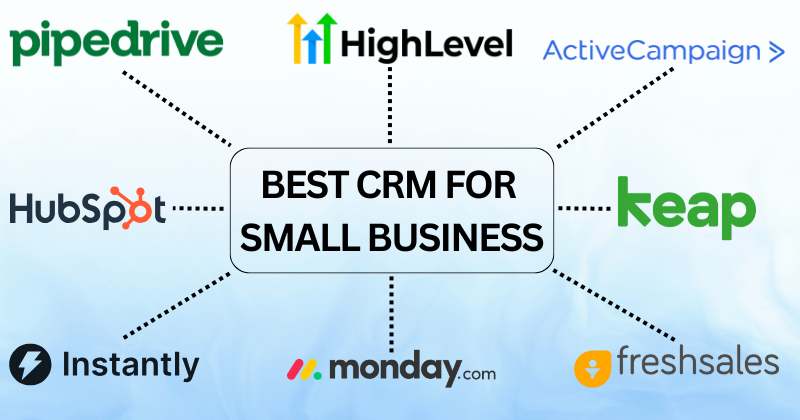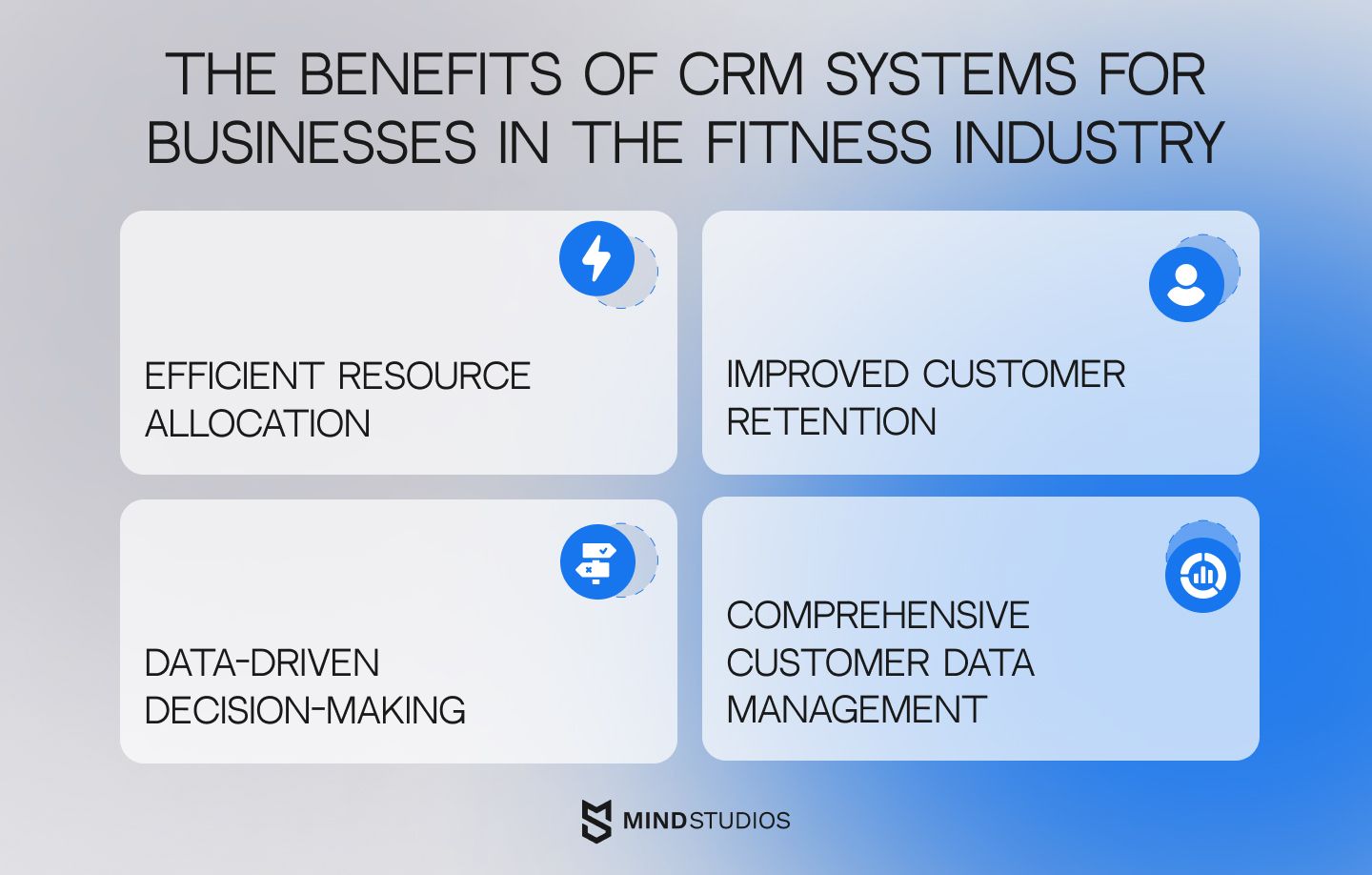Unlocking Growth: Essential CRM Features for Small Businesses
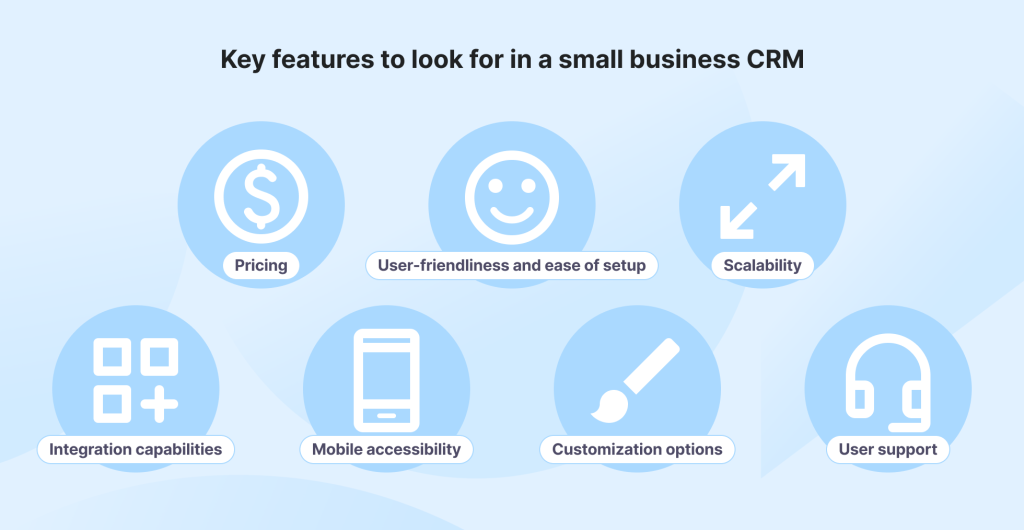
Introduction: The Power of a CRM for Small Businesses
In today’s competitive landscape, small businesses face the constant challenge of attracting and retaining customers. To thrive, they need to be organized, efficient, and customer-focused. This is where a Customer Relationship Management (CRM) system comes into play. A CRM is more than just a software; it’s a strategic approach to managing interactions with current and potential customers. For small businesses, a well-chosen CRM can be the difference between struggling and scaling. This article will delve into the essential CRM features that can empower small businesses to achieve significant growth.
What is a CRM and Why Does Your Small Business Need One?
Before diving into specific features, let’s clarify what a CRM is. A CRM system is a technology that helps businesses manage their interactions with current and potential customers. It centralizes customer data, streamlines communication, automates tasks, and provides valuable insights into customer behavior. Why is this crucial for small businesses? Because it helps them:
- Improve Customer Relationships: CRM tools allow you to understand your customers better, personalize interactions, and build stronger relationships.
- Increase Sales: By tracking leads, managing the sales pipeline, and automating sales processes, a CRM can significantly boost sales performance.
- Enhance Customer Service: A CRM provides a centralized platform for customer support, enabling faster and more efficient resolution of issues.
- Boost Efficiency: Automating repetitive tasks frees up your team to focus on more strategic activities.
- Make Data-Driven Decisions: CRM systems provide valuable insights into customer behavior, sales trends, and marketing effectiveness, helping you make informed decisions.
Essential CRM Features for Small Business Success
Not all CRM systems are created equal. The best CRM for your small business depends on your specific needs and goals. However, certain features are universally beneficial. Here’s a breakdown of the essential CRM features that small businesses should prioritize:
1. Contact Management
At the heart of any CRM is contact management. This feature allows you to store and organize all your customer information in one central location. Key aspects of contact management include:
- Centralized Database: A single source of truth for all customer data, eliminating the need to search through spreadsheets, emails, and other disparate systems.
- Detailed Profiles: The ability to store comprehensive customer information, including contact details, demographics, purchase history, communication logs, and any other relevant information.
- Segmentation: The capacity to segment customers based on various criteria (e.g., demographics, purchase history, lead source) to target them with personalized marketing campaigns and offers.
- Data Hygiene: Tools to ensure data accuracy and consistency, such as duplicate detection and data validation.
Contact management is the foundation upon which all other CRM features are built. Without a solid contact management system, you’ll struggle to leverage the full potential of your CRM.
2. Lead Management
Lead management is the process of tracking and nurturing potential customers throughout the sales cycle. A good CRM will provide features to:
- Lead Capture: Integrate with your website, landing pages, and other marketing channels to automatically capture lead information.
- Lead Scoring: Assign scores to leads based on their behavior and engagement to prioritize the most promising prospects.
- Lead Routing: Automatically assign leads to the appropriate sales representatives based on predefined criteria (e.g., territory, product interest).
- Pipeline Management: Visualize the sales pipeline and track leads through each stage, from initial contact to closed deal.
- Workflow Automation: Automate tasks such as sending follow-up emails, scheduling calls, and updating lead status based on predefined triggers.
Effective lead management ensures that no lead falls through the cracks, maximizing your chances of converting prospects into paying customers.
3. Sales Automation
Sales automation streamlines the sales process by automating repetitive tasks, allowing your sales team to focus on building relationships and closing deals. Key sales automation features include:
- Email Automation: Automatically send personalized emails to leads and customers based on their behavior and stage in the sales cycle.
- Task Automation: Automate tasks such as creating follow-up reminders, scheduling calls, and updating contact records.
- Workflow Automation: Create automated workflows to guide leads through the sales pipeline, from initial contact to closed deal.
- Sales Reporting: Generate reports on sales performance, including sales pipeline, conversion rates, and revenue.
- Deal Management: Track and manage sales opportunities, including deal size, probability, and close date.
By automating these tasks, sales automation frees up your sales team to focus on higher-value activities, such as building relationships and closing deals. This leads to increased sales productivity and revenue.
4. Marketing Automation
Marketing automation helps you automate and streamline your marketing efforts, reaching the right customers with the right message at the right time. Key marketing automation features include:
- Email Marketing: Create and send targeted email campaigns to leads and customers.
- Landing Page Creation: Build custom landing pages to capture lead information and promote your products or services.
- Social Media Integration: Integrate with your social media accounts to track engagement and manage your social media presence.
- Campaign Management: Track the performance of your marketing campaigns and measure their ROI.
- Segmentation: Segment your audience based on various criteria to send targeted messages.
Marketing automation helps you nurture leads, increase brand awareness, and drive conversions.
5. Customer Service and Support
Providing excellent customer service is crucial for retaining customers and building brand loyalty. A CRM can help you streamline your customer service operations with features such as:
- Ticket Management: Track and manage customer support requests.
- Knowledge Base: Create a knowledge base of frequently asked questions and answers to help customers find solutions to their problems.
- Live Chat: Provide real-time support through live chat on your website.
- Customer Portals: Allow customers to access their account information, submit support requests, and track their progress.
- Feedback Collection: Collect customer feedback to improve your products and services.
By providing excellent customer service, you can build stronger customer relationships and increase customer retention.
6. Reporting and Analytics
Reporting and analytics provide valuable insights into your sales and marketing performance, helping you make data-driven decisions. Key features include:
- Sales Reports: Track sales performance, including revenue, sales pipeline, and conversion rates.
- Marketing Reports: Track the performance of your marketing campaigns, including website traffic, lead generation, and conversion rates.
- Customer Reports: Analyze customer behavior and identify trends.
- Customizable Dashboards: Create custom dashboards to visualize your key performance indicators (KPIs).
- Data Visualization: Present data in easy-to-understand charts and graphs.
Reporting and analytics allow you to identify areas for improvement and optimize your sales and marketing efforts.
7. Integration with Other Tools
A CRM should integrate seamlessly with other tools you use, such as:
- Email Marketing Platforms: Integrate with platforms like Mailchimp, Constant Contact, and others to synchronize contact data and automate email campaigns.
- Accounting Software: Integrate with accounting software like QuickBooks or Xero to track financial transactions and manage customer invoices.
- Website Analytics: Integrate with Google Analytics to track website traffic and understand customer behavior.
- Social Media Platforms: Integrate with social media platforms to manage your social media presence and track engagement.
- Communication Tools: Integrate with communication tools like Slack or Microsoft Teams to streamline communication and collaboration.
Integration with other tools ensures that your CRM is a central hub for all your customer-related activities.
Choosing the Right CRM for Your Small Business
Selecting the right CRM can seem daunting, but by considering your specific needs and goals, you can find a solution that fits your business perfectly. Here are some factors to consider:
- Budget: CRM systems vary in price, from free to several hundred dollars per user per month. Determine your budget and choose a system that fits your financial constraints.
- Scalability: Choose a system that can grow with your business. As your business expands, you’ll need a CRM that can handle increased data volume and user activity.
- Ease of Use: The CRM should be easy to use and navigate. If your team struggles to use the system, they won’t adopt it, and you won’t realize its benefits.
- Features: Identify the essential features you need and choose a system that offers them.
- Integrations: Consider the integrations you need with other tools and choose a system that offers those integrations.
- Customer Support: Ensure the CRM provider offers excellent customer support.
- Reviews and Ratings: Research online reviews and ratings to get feedback from other users.
By carefully considering these factors, you can find a CRM that meets your business needs and helps you achieve your goals.
Popular CRM Solutions for Small Businesses
Several CRM systems are specifically designed for small businesses. Here are a few popular options:
- Zoho CRM: A comprehensive CRM with a wide range of features, a user-friendly interface, and affordable pricing.
- HubSpot CRM: A free CRM with powerful features, including contact management, lead management, and sales automation.
- Pipedrive: A sales-focused CRM that is easy to use and designed to help sales teams close deals.
- Salesforce Essentials: A scaled-down version of Salesforce, offering essential CRM features for small businesses.
- Insightly: A CRM designed for small businesses with a focus on project management and relationship management.
This is not an exhaustive list, and the best CRM for your business may depend on your specific requirements. It’s highly recommended to research and compare different options before making a decision.
Implementing Your CRM: Best Practices
Once you’ve chosen a CRM, successful implementation is crucial. Here are some best practices to follow:
- Define Your Goals: Clearly define your goals for using the CRM. What do you want to achieve? (e.g., increase sales, improve customer service, improve efficiency).
- Clean Your Data: Before importing your data, clean it to ensure accuracy and consistency.
- Train Your Team: Provide adequate training to your team on how to use the CRM.
- Customize the System: Customize the system to meet your specific business needs.
- Integrate with Other Tools: Integrate the CRM with other tools you use.
- Monitor and Evaluate: Regularly monitor and evaluate the performance of your CRM.
- Get Feedback: Gather feedback from your team to identify areas for improvement.
By following these best practices, you can ensure a smooth and successful implementation.
Conclusion: Embrace CRM for Sustainable Growth
In conclusion, a CRM system is an indispensable tool for small businesses seeking to thrive in today’s competitive market. By implementing the essential features discussed above, small businesses can improve customer relationships, increase sales, enhance customer service, boost efficiency, and make data-driven decisions. Choosing the right CRM and implementing it effectively will empower you to unlock sustainable growth and achieve long-term success. Don’t just survive; thrive by embracing the power of a CRM.

